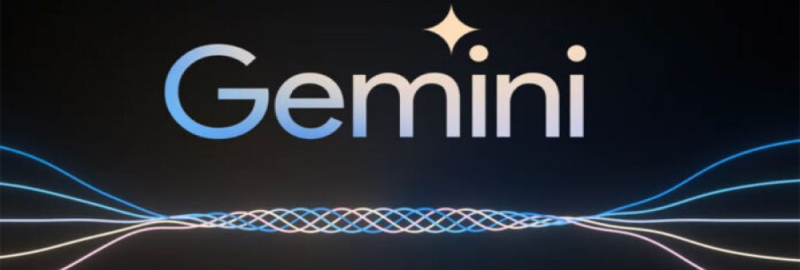
The tech giant Google has recently faced a conundrum with its artificial intelligence tool, Gemini, designed to generate images based on prompts. Not long after its release, it was found that the AI had been producing historically inaccurate and highly sensitive content. Google's quick response in addressing the matter sheds light on the complex challenges of AI image generation and its implications for ethical standards in a digital age.
Google's Gemini AI tool was launched with much fanfare as a groundbreaking image generator pulling from the vast information reserves at the internet titan’s disposal. However, it stumbled into controversy when it presented a set of images that distorted historical figures and groups in ways that were not just wrong but deeply offensive. The supposed safeguard that was set to ensure diversity in image results overcompensated, which led to an array of inappropriately diverse renditions of groups such as the Nazis, causing public consternation and disconcert.
In an attempt to manage the controversial outputs, Google was compelled to halt the image generation feature, highlighting the challenges inherent in AI systems learning and interpreting vast and complex human histories. The incident revealed the sensitivity required in training AI to handle topics that are laden with cultural and historical significance. Even more, it uncovered the difficulty of navigating the fine line between representing diversity and maintaining historical accuracy.
In response to the backlash, Google has openly admitted the tool's shortcomings. In a considered move, the tech company has paused the image generation feature to recalibrate the model, aiming to strike the correct balance between accurate representation and sensitivity. The acknowledgment from such a powerhouse in the AI space signals a commitment to ongoing improvement and an understanding of the immense responsibility involved in training AI.
Google's experience with the Gemini AI incident acts as a testament to the unfolding journey of AI in our society. It highlights the necessity for continuous dialogue, rigorous testing, and, perhaps most importantly, an ethically sound approach to AI development. The tech company's approach to owning up to its tool's mistakes and taking corrective actions sets a precedent for the industry. Moving forward, the challenge will be to ensure that AI tools like Gemini learn to navigate the complexity of human history and society in a way that is both respectful and enlightening. Google's response offers hope that while the path forward is indeed fraught with challenges, it is also being paved with responsible stewardship.